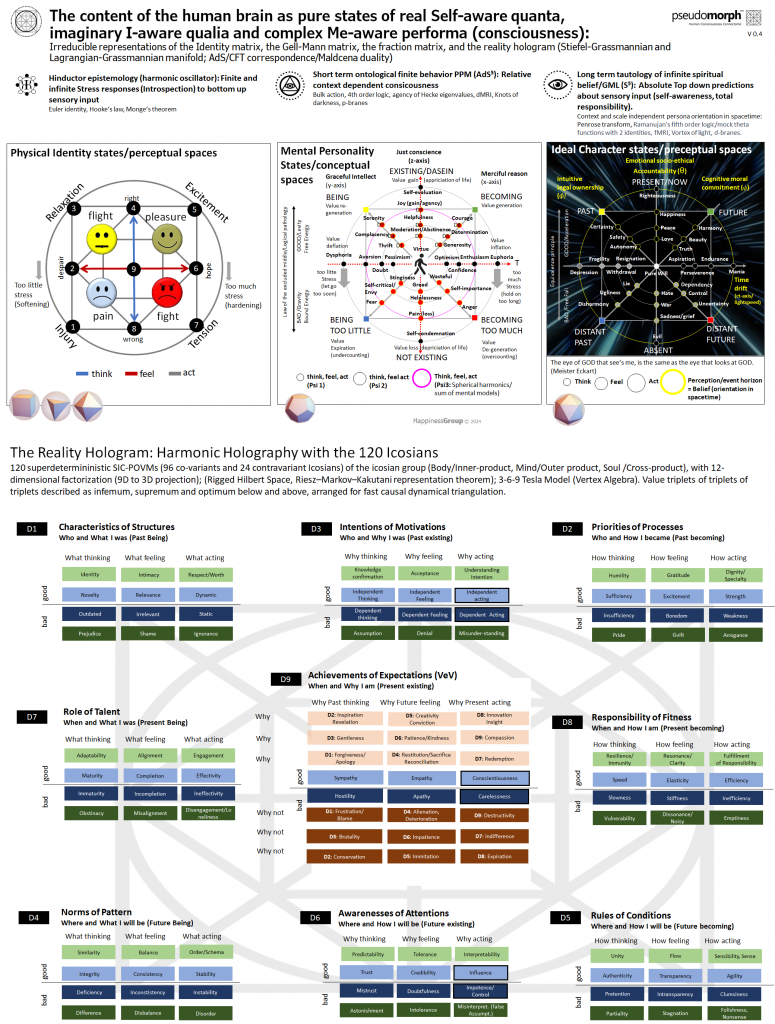The concept of a reality hologram is a theoretical framework that posits the brain as a kind of holographic processor for our perception of reality. This idea draws inspiration from the holographic principle in physics, suggesting that all the information about a three-dimensional object can be encoded on a two-dimensional surface. Similarly, proponents of the reality hologram theory propose that our brains might process sensory information in a manner where each part of the brain contains a representation of the whole, allowing us to perceive and reconstruct our entire reality from any fragment of sensory input.
This theory challenges the traditional view of the brain as a sequential processor of sensory data and suggests a more interconnected, parallel processing model. While the reality hologram hypothesis remains highly speculative and debated within the field of neuroscience, it has led to interesting discussions about how our brains might encode and process sensory information to construct our perception of the world around us. Further research is needed to determine whether the brain operates in a manner consistent with this theory and to uncover the potential implications for our understanding of consciousness and perception.
